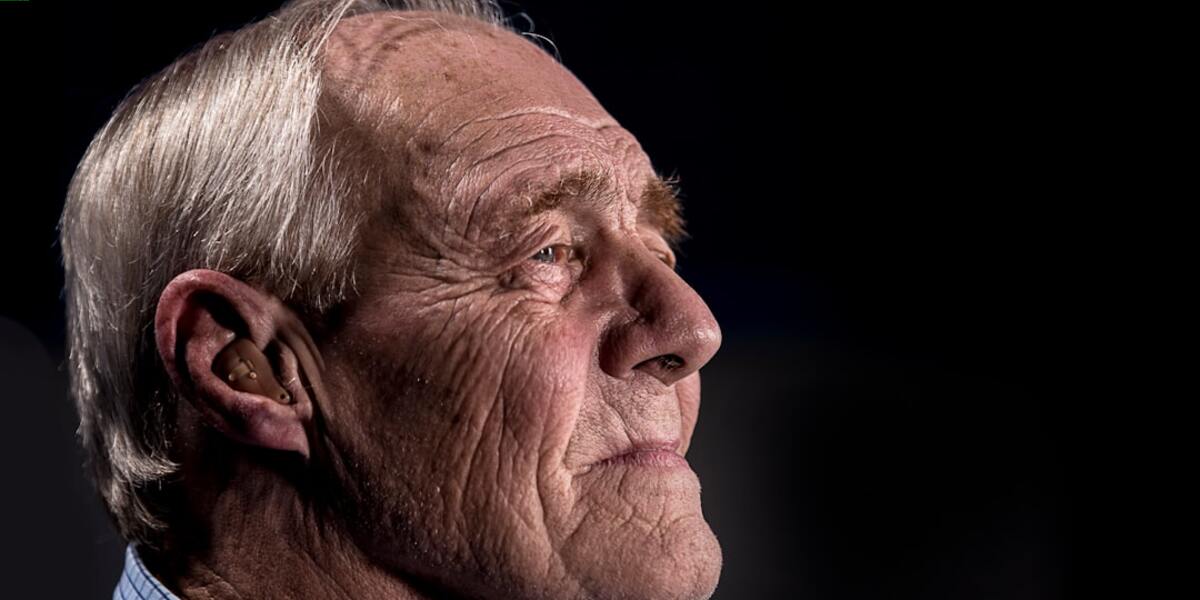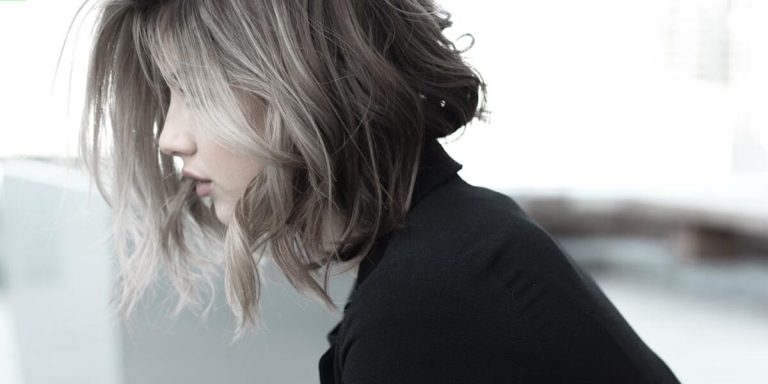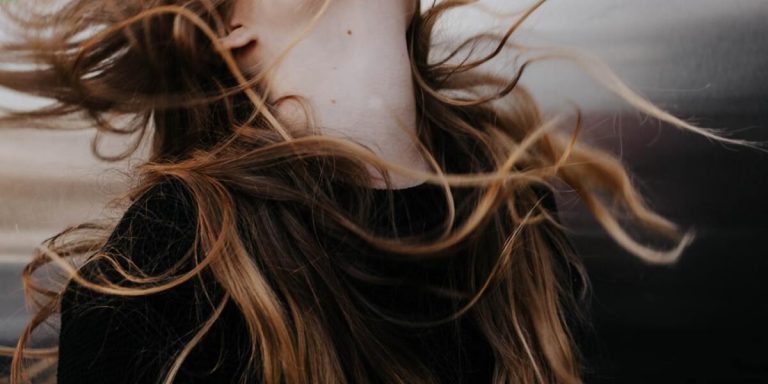Can Drinking Alcohol Cause Hair Loss: Analyzing the Connection
There’s a prevalent question that bothers many – “Can drinking alcohol cause hair loss?” While moderate consumption may not have visible effects, heavy drinking has been linked to various health problems, including baldness. This blog post aims to delve deeper into the connection between alcohol and hair loss by examining scientific studies that analyze this interesting intersection.
Understanding how lifestyle factors like alcohol consumption can contribute to different ailments is critical for maintaining overall wellness. Hair loss might seem trivial compared but it often triggers emotional distress and self-esteem issues in men and women alike. Henceforth, let’s explore if there truly exists a link between your favourite drinks and losing precious locks.
Did you know?
Little known fact: According to a study published in the National Library of Medicine, excessive alcohol consumption can lead to nutrient deficiencies and hormonal imbalances that may contribute to hair loss.
Investigating the Connection Between Alcohol Consumption and Hair Health
The connection between alcohol consumption and good scalp health isn’t straightforward but it does exist in indirect ways. Excessive intake escalates dehydration which hampers the body’s natural ability to distribute essential nutrients required for healthy follicle functioning leading to brittle strands prone to breakage.
Furthermore, heavy drinking could lead potentially harmful toxins build up in your system over time causing hormonal imbalances interfering with your normal hair growth cycle resulting thinning or total cessation of new hairs production.
Though moderate drinker might not face these severe repercussions instantly yet constant neglect may turn into an insidious trigger precipitating unwanted bald patches making “hair today gone tomorrow” phrase too literal!
Thereby concluding that excessiveness virtually affects every part of human physiology extending far beyond liver cirrhosis or hangovers reminding us once again about age-old wisdom preaching moderation as key towards balanced indulgences bridging fun times with healthier choices!
The Impact of Ethanol on Hair Follicle Function
Ethanol, commonly known as alcohol, plays a significant role in affecting hair follicle function. Various research studies indicate that excessive drinking can potentially lead to hair loss.
Primarily, ethanol impedes the absorption of crucial vitamins and minerals which are indispensable for maintaining healthy hair. Key nutrients like iron, zinc, protein and Vitamin B12 become harder to absorb when a person consumes high levels of alcohol regularly. This lack of essential elements leads to weakened roots susceptible to shedding more frequently than usual – confirming suspicions about whether “can drinking alcohol cause hair loss”.
Moreover, consistent heavy intake causes dehydration by impairing body’s ability to reabsorb water effectively leading your scalp dry out faster — another factor contributing significantly towards increased likelihood of experiencing thinner strands over time.
Additionally frequent consumption triggers stress responses within body thereby escalating production cortisol ( infamous ‘stress hormone’). Elevated Cortisol has been linked with accelerated telogen phase (resting stage) cycle where hairs start falling prematurely ultimately thinning them down considerably further adding weight anecdotal evidence suggesting correlation between alcoholic beverages progressive balding especially among men.
Dehydration and Nutrient Deficiency: How Alcohol Affects Scalp Conditions
Alcohol consumption, in more ways than one, has a pretty significant role to play when it comes to your hair health. A critical factor that links alcohol and hair loss is dehydration.
When you consume alcohol regularly or excessively, your body becomes dehydrated. In simple terms – the more you drink, the thirstier you get! This frequent state of dehydration can disrupt normal bodily functions and directly affect scalp conditions.
It leads to your overall metabolic rate dropping drastically which then slows down cell growth – including those cells responsible for hair growth.
Let’s not forget about nutrient deficiencies as another consequence linked with heavy drinking habits. Alcohol affects how our bodies process nutrients — vitamins & minerals like iron (important for healthy hairs). When we are deficient in these essential elements , they lead us closer into situations where losing strands become very likely .
A 2023 study showed that people with long-term excessive intake often lack B-vitamins, especially biotin. Biotin is known for its benefits in:
- Promoting good hair texture
- Strengthening hair
- Preventing breakages
- Avoiding split ends
- Addressing other hair issues
Plus consuming excess alcoholic beverages typically means less wholesome nutritious meals consumed leaving poor diet indirectly adding further complications potentially worsening situations related thinning shedding patterns observed within individuals .
Lifestyle Factors: Evaluating Drinking Habits Alongside Other Hair Loss Triggers
Lifestyle habits, such as regular alcohol consumption, can significantly impact the health and vigor of your hair. Alcohol is known for its dehydrating properties; it reduces fluid levels in the body leading to an insubstantial supply of necessary nutrients to support healthy hair growth. Therefore, prolonged or excessive consumption may be a contributing factor towards thinning locks or even baldness.
In addition to drying out your follicles, habitual drinking could also lead you into poor dietary choices- another potential trigger for hair loss. Regular intake of nutrient-rich food tends to take a backseat when one frequently overindulges in alcoholic drinks.
Moreover, stress and lack of sleep are often associated with substantial alcohol use–these two factors alone might aggravate existing hair fall conditions or set off new ones. Moreover considering that genetics play a vital role too – having genes predisposed towards patterned balding combined with lifestyle triggers like heavy drinking can accelerate the onset.
Of course while drawing these correlations between alcohol consumption and premature balding patterns it’s essential we bear in mind that not everyone who enjoys their occasional glass faces this issue – yet moderation seems key here! A balanced diet filled with lean proteins, fruits & vegetables coupled alongside moderate drinking habits would certainly help keep those lush tresses intact throughout 2023 (and beyond).
Balancing Hormones and Stress Levels in Relation to Drinking Patterns
It’s widely known that our lifestyle choices, including drinking habits, can significantly impact various aspects of health. But an often overlooked factor is whether these habits contribute to hair loss issues.
If you’ve been wondering “can drinking alcohol cause hair loss,”the answer isn’t straightforward. While moderate consumption might not directly lead to thinning tresses, it’s important to remember that excessive imbibing could tip your body’s delicate balance and induce stress levels adverse for healthy hair growth.
The connection between hormonal imbalance and alopecia is indisputable; changes in the estrogen or testosterone levels may indeed result in significant shedding. So how does booze fit into this equation? Excessive alcohol intake has a two-fold impact – firstly, it increases the level of estrogen which when at elevated volumes contributes towards baldness; secondly, it reduces zinc absorption vital for maintaining hormonal equilibrium within the system.
Moreover,it interrupts sound sleep patterns necessary for optimum hormone production.Our bodies need quality restorative sleep as this phase stimulates most human growth hormones contributing heavily toward swift cell renewal – including those cells integral to healthy follicular function!
The Cumulative Effect of Toxins from Excessive Alcohol Intake
Alcohol, often seen as a social lubricant, might also be greasing the wheels for your hair loss journey. As shocking as it may sound, there’s growing evidence that suggests heavy drinking could potentially contribute to premature balding. Let’s dissect how alcohol can play an unfriendly role when it comes to your hair health.
Excessive consumption of alcohol has been linked with multiple health issues and one such implication involves potential hair loss. The reason lies in the way our body manages toxins. When you drink too much over prolonged periods, our liver works overtime trying to rid itself of these toxic substances from ethanol – alcohol’s active ingredient.
Yet why does this mean bad news for your locks? Here’s where things get interesting: Alcohol slows down zinc absorption into the bloodstream which is remarkably crucial for healthy hair growth. Besides this mineral deficiency issue triggered by excessive boozing, another factor at work here includes dehydration.
We’ve all woken up after a night out feeling parched – now imagine what these frequent ‘dry spells’ are doing on a cellular level! Dehydrated cells struggle not just functionally but resultantly weaken structures they comprise or support — including follicles key in maintaining merry and spry strands!
Addressing Alopecia Concerns: Can Moderation Prevent Hair Loss?
It’s no secret that excessive drinking can contribute to a host of physical issues, but there are subtle nuances about alcohol’s role in hair health. Breaking it down – when one regularly imbibes more than the recommended limits, their body becomes nutrient-deprived and dehydrated; two factors paramount for healthy tresses.
Hair primarily consists of the protein keratin, which requires numerous nutrients for production. These essential nutrients include:
- Vitamin A
- Vitamin C
- Vitamin D
- Vitamin E
- B-vitamins like biotin
All are critical for the growth phase. Typical weekend binges or weekday happy hours can disrupt the absorption of these vital components by compromising liver function over time, posing a threat to hair health and potentially leading to alopecia concerns.
But what if we enjoy our drinks responsibly? Can moderation prevent hair loss?
- Replenish nutritional support
- Hydrate after each drinking session
For a strong mane despite occasional indulgences, ensure you:
- Eat well-balanced meals
- Get enough sleep
- Exercise regularly
- Practice stress management
Understanding Genetic Predisposition vs. Alcohol-Induced Hair Thinning
Alcohol consumption has often been a topic of discussion amidst hair enthusiasts and health experts alike. Some studies suggest that drinking, especially in excess amounts, can have negative effects on your hair’s health – including causing thinning or even loss over time.
The first thing to understand is how genetics play into this equation. Genetic predisposition towards alopecia lies at the heart of many cases of hair loss occurring globally each year. If you’re genetically destined for pattern baldness, it’s going to happen irrespective of alcohol consumptions keeping all other factors constant.
However, does this mean if someone without a genetic propensity toward losing their follicles starts binge-drinking regularly will they remain unscathed? Not necessarily! Alcohol may indirectly influence scalp conditions leading further down the road towards unwanted thinning or balding spots appearing earlier than anticipated.
This usually happens due to three significant reasons: malnutrition from poor dietary habits accompanying heavy drinking; dehydration affecting both skin condition overall and specifically impacting scalps directly; finally toxic by-products generated during metabolism which might damage both strands as well roots ensuing falling out en masse long-term!
Strategies for Minimizing Damage and Promoting Regrowth
In the journey to address alopecia concerns, one question that often sparks debate is “can drinking alcohol cause hair loss?” This query has gained considerable attention over recent years. While moderate intake might not directly lead to bald patches, excessive consumption can surely pave the way towards undesirable scalp conditions.
Research reveals that heavy drinkers are more likely than non-drinkers or occasional consumers to experience hair thinning and shedding. But why does this happen? Alcohol affects your body’s ability to absorb crucial nutrients like vitamins and proteins — elements vital for maintaining healthy hair growth cycle.
Let’s explore some effective strategies to combat a receding hairline caused by alcohol consumption:
1. **Moderate Consumption:** If total abstinence sounds too daunting, start by limiting yourself to just one drink per day or even less frequently.
2. **Nutrition Balance:** Checking on what we eat alongside our drinks is almost as important as controlling how much we imbibe itself! Ensure adequate protein uptake daily while incorporating foods rich in iron and biotin into your diet routine will lay a solid groundwork for good tress health.
Conclusion
In conclusion, it’s clear that our fears are not unfounded; indulgence in alcohol can indeed lead to hair loss. The correlation between your favorite cocktails and the thinning of your mane is a bitter truth many may find hard to swallow. Yet, just like with most things in life, moderation could be key here.
We hope this analysis has shed some light on an often overlooked cause of hair distress – “can drinking alcohol cause hair loss”. Remember everyone’s body reacts differently so what might affect one person drastically may have less impact on someone else. We encourage you to explore more enlightening content about ‘Hair Loss Causes’ across various sections of our website for a broader understanding.







